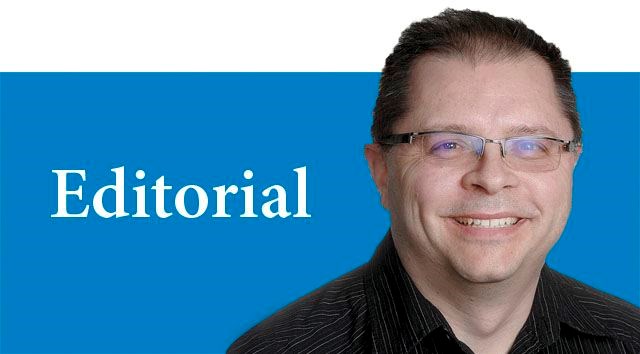In the spring and summer of 1966, the most talked-about book in North America was Ralph Nader's Unsafe At Any Speed, a devastating portrait of American auto manufacturers putting profits over safety.
As a result, the installation and wearing of seatbelts became mandatory, as did numerous other safety features designed to better protect vehicle occupants and pedestrians.
Half a century later, there's no question Nader's book and government action forcing automakers to take responsibility for the unintended consequences of their products saved tens of thousands of lives.
Up to that point, American automakers were no different from the producers of cigarettes and pesticides. They all spent millions on lawyers and lobbyists in an effort to stop governments from holding them accountable for social harm.
Dial ahead 50 years and now it's Facebook trying to dodge investigative journalists, probing academics, government regulators and security agencies from accepting blame for the growing number of problems it has caused, from data breaches and spreading extremism through to fostering violence and even genocide.
Like Facebook has in the last 15 years, cars transformed society in the decades after the Second World War, liberating people to live further away from their workplaces and quickly travel great distances to be with family and friends. When Facebook founder Mark Zuckerberg talks about creating "an open and connected world," he sounds no different than a Ford or GM or Chrysler executive from the 1950s.
They too believed in the incredible social benefits of their products to link people and businesses in distant locations, to make the world smaller, wealthier and happier. They too resented consumer advocates and government overseers demanding costly improvements to increase safety and decrease pollution.
Prince George-Peace River-Northern Rockies MP Bob Zimmer is one of those politicians demanding accountability from Facebook. Zimmer, the chair of Parliament's standing committee on access to information, privacy and ethics, has joined forces with Damian Collins, the British MP who chairs a similar committee in the U.K. Parliament, to host an international hearing on disinformation and fake news on Nov. 27. They have asked Zuckerberg twice in writing to appear before their committees and have been turned down twice, even as their committee has grown to now include Ireland, Argentina and Australia.
Zimmer has witnessed the destructive potential of Facebook within his own riding.
Othman Hamdan, a Jordanian national, was arrested in Fort St. John in 2015 and charged with fostering terrorism over Facebook, using both his personal account and more than a dozen other accounts.
Hamdan was acquitted of the charges in September 2017 but last month the Immigration and Refugee Board of Canada deemed him inadmissible to Canada because he poses a security risk.
As PBS' Frontline showed in a riveting investigation, The Facebook Dilemma, which aired Oct. 29 and 30, Facebook's slow response to the individuals, groups and governments using the social media platform to foster extremism is imbedded in the unshakable belief of its founders and employees that technology always equals progress and progress is always good. They simply can't accept how their digital marvel that has made them incredibly wealthy and powerful is being used for nefarious ends right under their noses.
As the Frontline probe clearly demonstrated, violence in the Middle East, Sri Lanka and the Phillipines started with Facebook posts. Before its work on the 2016 U.S. presidential election, Russia perfected its Facebook efforts at sewing social divisions, inflating partisan conflict and political and electoral tampering in the Ukraine. And in Myanmar, the recent refugee crisis and genocide was aided by widely shared Facebook posts inciting hatred between Buddhists and Muslims.
If Zuckerberg continues to refuse to appear before international committees investigating his company and Facebook continues to drag its feet on accountability, Zimmer and his colleagues in Canada and elsewhere have numerous means at their disposal to bring Facebook to heel. Passing and enforcing much tougher online privacy laws. Removing the legal protections that don't hold social media companies responsible for spreading damaging and dangerous content. Significant tax increases on its Canadian revenue.
Facebook can also be shamed into action. Shareholders want their dividends but they also don't want to see share value eroded by embarrassing damage to the brand.
Zimmer has the opportunity through his committee to build bipartisan support within the House of Commons and international collaboration to push Facebook out of its open and connected utopian ideal and into the real world where likes, posts, shares and consumer data have been weaponized.
-- Editor-in-chief Neil Godbout



